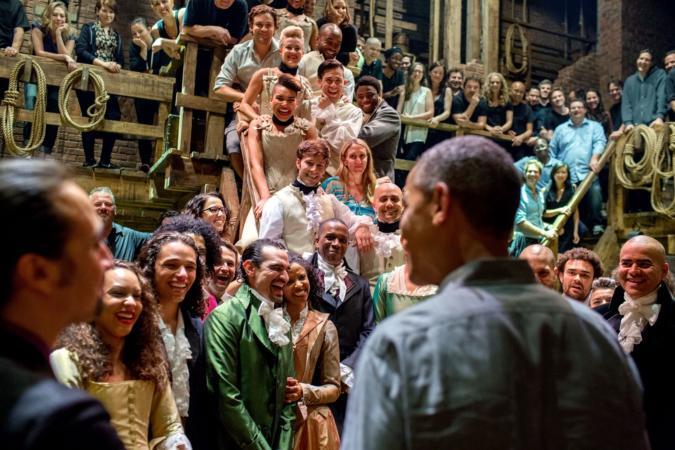In case you haven’t been following the legal battle between Charter Communications and Byron Allen, things have taken an interesting turn.
In summary, Byron Allen sued Charter for discrimination, saying the company refused to carry his Entertainment Studios group of networks and based it upon race. Since the $10 billion lawsuit was filed, it has made it through a call for it to be dismissed and it got the OK to move forward to trial via a Ninth Circuit ruling.
Now, as a defense, Charter says if that Ninth Circuit ruling is left in place, then it can open the floodgates of discrimination claims, and the cable giant is using Hamilton as an example.
Confused? We bet. Maybe things can be made more evident by reading some of the petition from Charter to strike down the suit:
“Although decisions about content are often unrelated to the characteristics of the speaker (and generally should be), clearly that is not always the case when it comes to editorial decisions in circumstances where race and content are related. Indeed, plaintiffs themselves draw a connection between racial identity and content when they assert that their suit is intended to draw attention ‘voices of African American-owned media companies.’ The musical Hamilton is notable for its creator’s decision to cast exclusively minority actors as the Founding Fathers,” writes the Clement team [the legal team representing the cable company]. A refusal to contract with a white actor to play George Washington cannot be made an anti-discrimination violation without profoundly undermining First Amendment values. [I]t would allow even an objectively terrible white actor to bring an action for being denied a part in Hamilton even if factors other than race would provide an obvious explanation for why the actor would not get a part as a Founding Father in the minority cast of Hamilton (or in any kind of cast for any other play). Left in place, the Ninth Circuit’s reasoning will have a devastating chilling effect on the free speech rights of all speech platforms — from magazines, to websites, to bookstores and theaters — that select and promote speech originally produced by others.”
Charter uses the example of the 1995 opinion in Hurley v. Irish American Gay Group of Boston, which said that a Boston parade could not be compelled to include a gay group. This opinion has been often cited, including when a group of Black people sued ABC for not having non-white contestants lead The Bachelor and The Bachelorette.
Read the petition in full here.
Photo: Public Domain/Pete Souza
READ MORE:
‘Hamilton’ Star Carvens Lissaint Knows He Could Still Be ‘Target Practice‘

